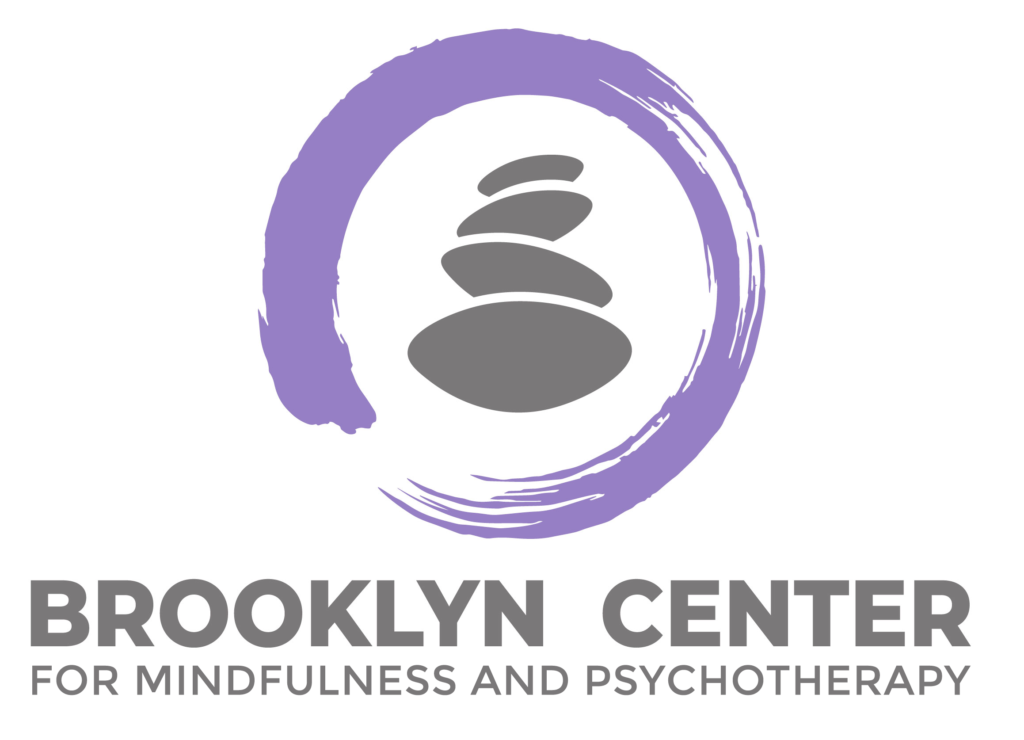September often feels like a second New Year. With summer ending and routines resuming, many people set new goals: to be more productive, more organized, or more “perfect.” While a fresh start can be motivating, it can also trigger anxiety and perfectionism — especially for those struggling with OCD. In this blog, we’ll explore how to embrace September with flexibility, using insights from Acceptance and Commitment Therapy (ACT) and Exposure and Response Prevention (ERP).
The Myth of the Perfect Fresh Start
Perfectionism tells us that life should begin again in September with flawless routines: perfectly balanced meals, impeccable organization, and total control of time. But perfectionism is a trap. Instead of motivating us, it fuels procrastination, burnout, and shame. For individuals with OCD, this pressure can intensify rituals or intrusive thoughts.
How Perfectionism Shows Up in Daily Life
Common signs include:
- Spending hours planning instead of acting.
- Redoing tasks until they feel “just right.”
- Abandoning goals at the first sign of imperfection.
- Comparing oneself harshly to others’ progress.
Left unchecked, these behaviors can reinforce anxiety and prevent meaningful action.
What ACT Teaches Us About Fresh Starts
Acceptance and Commitment Therapy reframes the idea of starting over. Instead of striving for perfection, ACT emphasizes living in line with values. Some core principles:
1. Acceptance Over Avoidance
Instead of pushing away self-doubt, ACT teaches us to notice uncomfortable feelings and carry them with us as we take action.
2. Defusion from Thoughts
When perfectionistic thoughts show up (“I have to do this flawlessly”), we can step back and see them as just thoughts — not commands.
3. Values-Driven Living
A meaningful September doesn’t require a perfect planner or flawless habits. It means taking small steps aligned with values, like connection, learning, or health.
Using ERP to Challenge Perfectionism
Exposure and Response Prevention can be applied to perfectionism by practicing “imperfection on purpose.” Examples include:
- Sending an email with a minor typo.
- Starting a new routine without over-preparing.
- Allowing clutter on your desk instead of cleaning obsessively.
These exposures reduce the fear of mistakes and build tolerance for uncertainty.
Mindfulness as a Reset Tool
Mindfulness practices, like noticing the breath or labeling thoughts, help us reset during overwhelming moments. Instead of spiraling into self-criticism, mindfulness anchors us in the present and opens space for choice.
Sustainable Routines for September
Instead of rigid goals, try:
- Choosing one or two values-based habits (e.g., walking daily, calling a loved one weekly).
- Setting “good enough” standards for work and home.
- Celebrating progress rather than perfection.
Final Thoughts
September doesn’t have to be about pressure and perfection. By embracing imperfection, practicing mindfulness, and aligning actions with values, we can create a fresh start that is compassionate and sustainable. ERP and ACT offer powerful tools to quiet perfectionism and live more fully — not just this month, but year-round.




